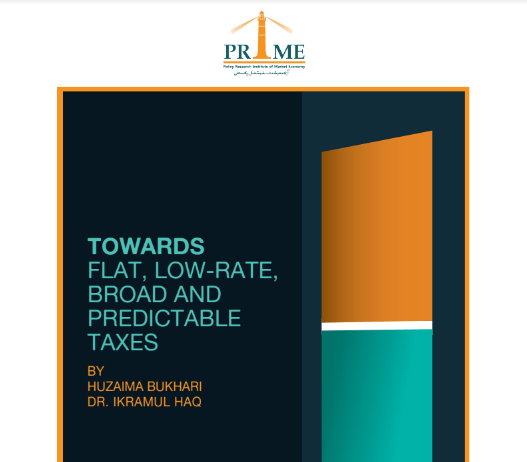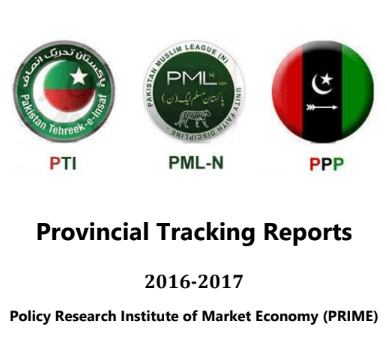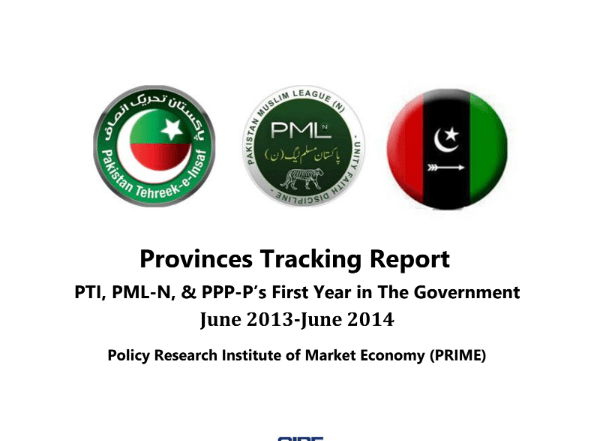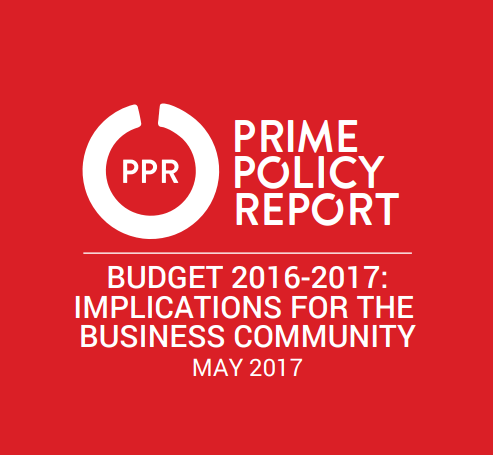The contribution of Withholding Taxes in direct tax revenue has surpassed 75 percent, and it has brought in more than Rs. 860 billion to the government kitty in 2014-15. On the other hand, the number of tax return filers has gone down considerably from 1.8 million in 2006 to 0.85 million in 2014-15. The decision to apply a differentiated rate of Withholding Tax (WHT) on filers and non-filers, while penalizing the later, is seen as government’s attempt to bring people back into tax net. However, the unseen and unintended consequences of an increasingly complex WHT regime might be exact opposite. This analytical report discusses the history of WHT in Pakistan, its consequences for businesses and implications for the tax policy as well as tax administration.
To read the full report or download for offline reading, click here: Withholding Tax Regime: History, Consequences for Business and Implications for Policy












